police Training
APD Training is broken down into two sections:
In-service Training Unit - existing officers/department employees
Academy Training Unit - recruits
In-service training unit
Officer training doesn’t end after a recruit graduates from the academy. Officers and support staff engage in annual “in-service” training to keep up with certification standards, learn new skills, and reinforce skills. All of this requires a team of dedicated professionals! The APD In-service Training Unit has a big job. Below is a “shortlist” of the things the training unit is responsible for:
Creating and implementing training plans and courses for recruits, officers, detectives, and non-sworn employees.
Overseeing and monitoring the effectiveness of training.
Maintaining training records, student performance, training supply inventory, etc.
Maintaining department firearms program, training, qualifications, inspections, repairs, and supply.
Researching, reviewing, updating, and teaching the latest police best practices from across the US.
Providing remedial training for those in need.
Researching, maintaining, training, and providing updates for all less-lethal weapons such as taser, OC spray, pepper ball, and 40mm kinetic energy weapons.
Provide training to outside groups, like the Citizens Academy, and Active Threat Response training for municipal departments, as needed/requested.
Academy training unit
In recent history, the Academy Training Unit has trained 2 academies per year. Recruits go through over 1,063 hours of training over the course of 25 weeks. There’s a lot more that goes into academy training than just the instruction. This team of instructors is responsible for putting the best-trained officers on the street to serve the community. The list below highlights a small segment of what recruits learn in the academy. If you’re interested in joining APD as an officer, check out our recruiting website: www.joinapd.org
Defensive Tactics: 87+ hours
Firearms: 145+ hours
Emergency Vehicle Operator Course (EVOC): 40 hours
Criminal/Traffic/Civil Law: 100+ hours
Cultural Awareness: 67+ hours
Physical Fitness: 44+ hours
CPR/Tactical Medicine: 30 hours
Report Writing/Interview Skills: 98+ hours
Reality-Based Training: 101+ hours
Officer Survival Skills Testing: 40 hours
Less Lethal Weapon Certification: 24 hours
